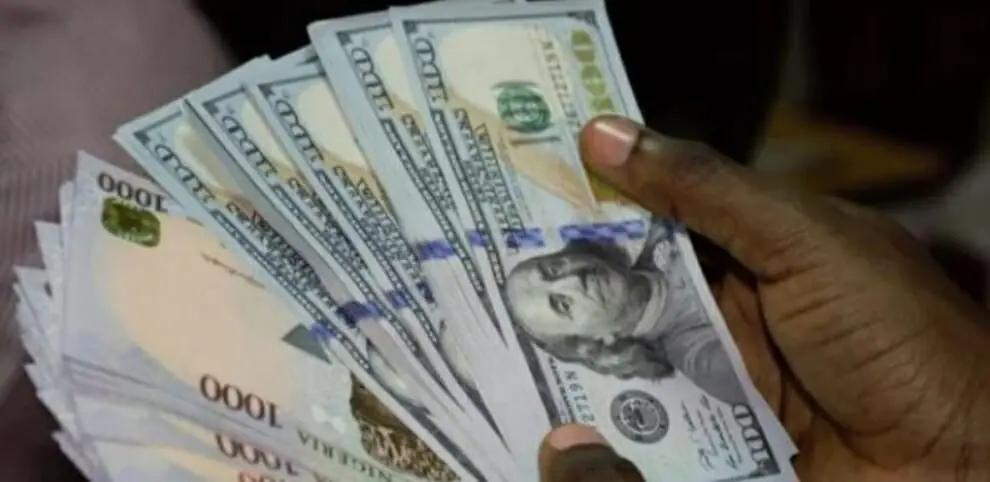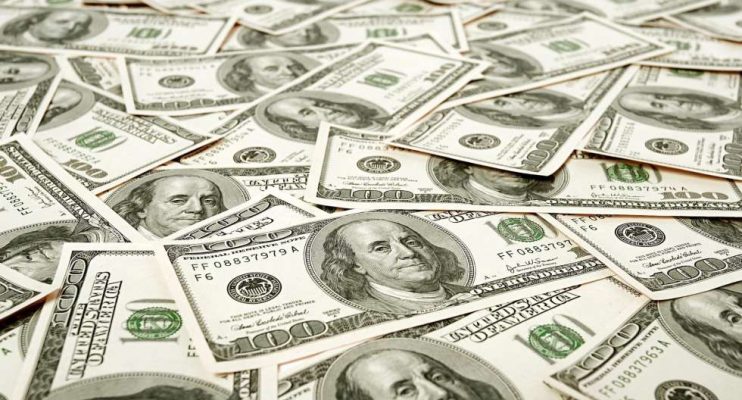The Nigerian local currency, naira, falls at the official foreign exchange and also weakened in the parallel market ahead of the Easter celebration due to demand pressures amidst dollar scarcity.
At the investors’ and exporters’ foreign exchange window, the local currency was weakened to N417.50, a break out from the resistance spot level seen in the prior weeks. This signal mounting pressures which could lead to naira losing value further.
In the parallel market, Naira depreciated to N590 from N588 at the beginning of the week, yet another resistance level seen in the FX markets over a while.
Again, this signals higher demand for foreign currencies despite the Central Bank of Nigeria’s (CBN) commencement of implementation of N65 rebates for Exporters selling through an official window.
Meanwhile, for online spending, Nigerian banks are charging customers above N500 for a dollar spent via debit cards. Some banks pegged spending to $20 per month in line with regulatory rationing while some charge higher rates.
This week, Nigeria’s FX reserves increased by $53.48 million to $39.71 billion, data from the apex bank website shows.
In a market report, Cordros Capital said total turnover declined by 14.7% from the beginning of the week to $498.85 million on Wednesday, with trades consummated within the N410.00 – N453.15/$ band.
According to data from the FMDQ, Nigerian Autonomous Foreign Exchange Rate Fixing (NAFEX) turnover increased from $95.3 million to $168.6 million last Friday.
The I&E (NAFEX) window recorded an inflow of $308.0 million with the CBN accounting for 23.9%, foreign portfolio investments (FPIs) accounting for 17.3%, and non-bank corporates accounting for 24.6%, exporters accounting for 25.1% and others accounting for 9.1%.
Today, in the Forwards market, the naira was flat at the 1-month (N418.12/$) and 6-months (N432.47/$) contracts but appreciated at the 3-months (+0.1% to N423.78/$) and 1-year (+0.2% to N448.01/$) contracts.




